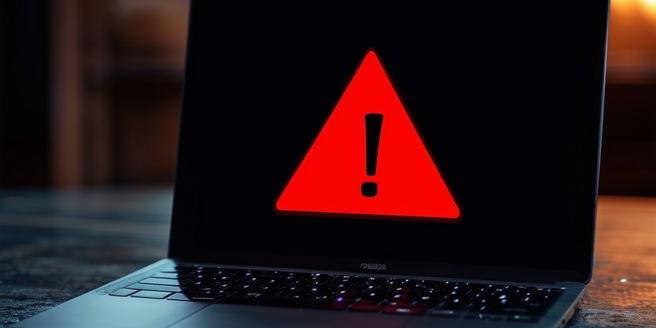
Understanding Credit Card Imposters
Credit card imposters often pose as legitimate institutions to trick you into revealing sensitive information. They may use various tactics, such as phishing emails, phone calls, or fake websites, to make their actions appear authentic. Understanding these tactics is crucial in identifying and avoiding potential threats. Always verify the identity of the sender and be cautious of unsolicited requests for personal information. Be skeptical of urgent or alarming messages that pressure you into acting quickly. Additionally, never click on links or download attachments from unknown sources. It’s important to report any suspicious activity to your credit card company immediately. Genuine companies will never ask for sensitive information through insecure channels. Stay informed and educate yourself about the common methods used by credit card scammers.
Recognizing the Signs of a Credit Card Scam
Recognizing the signs of a credit card scam can save you from financial loss. Scams often involve urgent requests for action, such as immediate payment to resolve an issue or to claim a prize. Be wary of unsolicited communications that ask for personal or financial information. Additionally, avoid clicking on any links or downloading attachments from unknown sources. Staying informed about common scam scenarios can also be a great defense. It’s crucial to stay informed about the latest scam tactics and trends. Check for grammatical errors and inconsistencies in the message. Real companies typically use professional language and communication methods. If something feels off, trust your instincts and take steps to verify the authenticity of the request before responding.
Tips to Protect Yourself from Imposters
Protecting yourself from imposters requires vigilance and proactive measures. Always use strong, unique passwords for online accounts, and enable two-factor authentication where possible. Be wary of sharing personal information over the phone or email if you are unsure of the recipient’s identity. Regularly monitor your financial statements for any unauthorized transactions. It’s also wise to limit the amount of information shared on social media platforms. Avoid using public Wi-Fi networks for sensitive transactions. Avoid clicking on suspicious links or downloading attachments from unknown sources. Keep your software and security systems updated to defend against the latest threats. By staying cautious and practicing good cybersecurity hygiene, you can reduce the risk of falling prey to credit card imposters.
What to Do If You Fall Victim
If you fall victim to a credit card imposter, act quickly to minimize the damage. Contact your credit card issuer immediately to report the fraud and freeze your account. Be sure to notify them of any unauthorized charges. Change your passwords and review your other accounts for suspicious activity. File a report with your local law enforcement and the Federal Trade Commission (FTC). It’s also wise to monitor your credit reports for any unfamiliar activity. Keep detailed records of all communications and actions taken. Inform your family and friends about the incident to prevent them from being targeted by similar scams. Additionally, consider placing a fraud alert or credit freeze on your credit report.
Resources for Ongoing Support and Awareness
There are numerous resources available for ongoing support and awareness regarding credit card imposters. Organizations such as the FTC, Federal Bureau of Investigation (FBI), and Consumer Financial Protection Bureau (CFPB) provide valuable information and tools to help you stay informed. Many banks and financial institutions also offer fraud protection services. Additionally, several online courses and webinars can teach you how to recognize and respond to identity theft. Staying connected with these resources can help you keep up with the latest scam trends and learn effective strategies to protect yourself. It is essential to regularly review and update your knowledge about potential threats. Participation in community awareness programs can further enhance your knowledge and vigilance.
